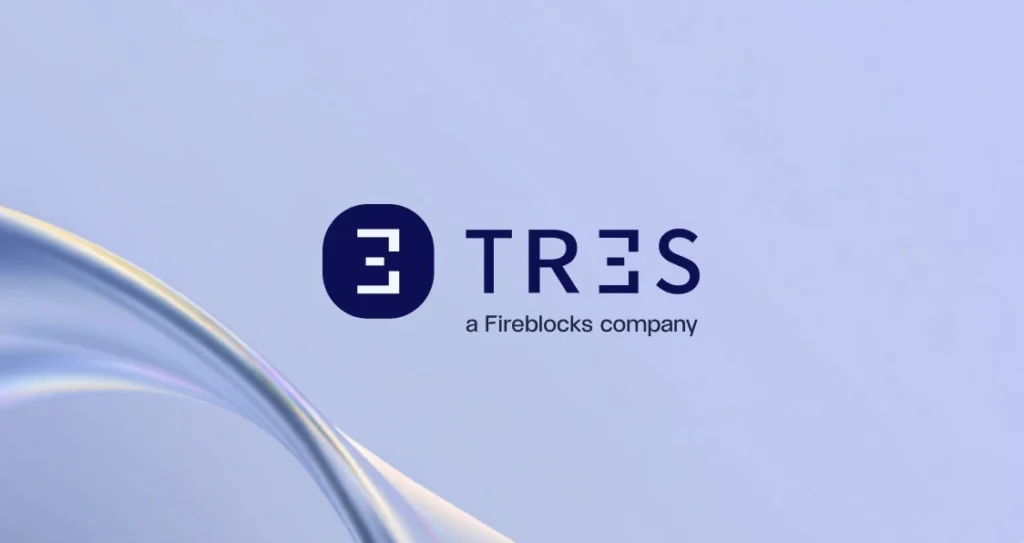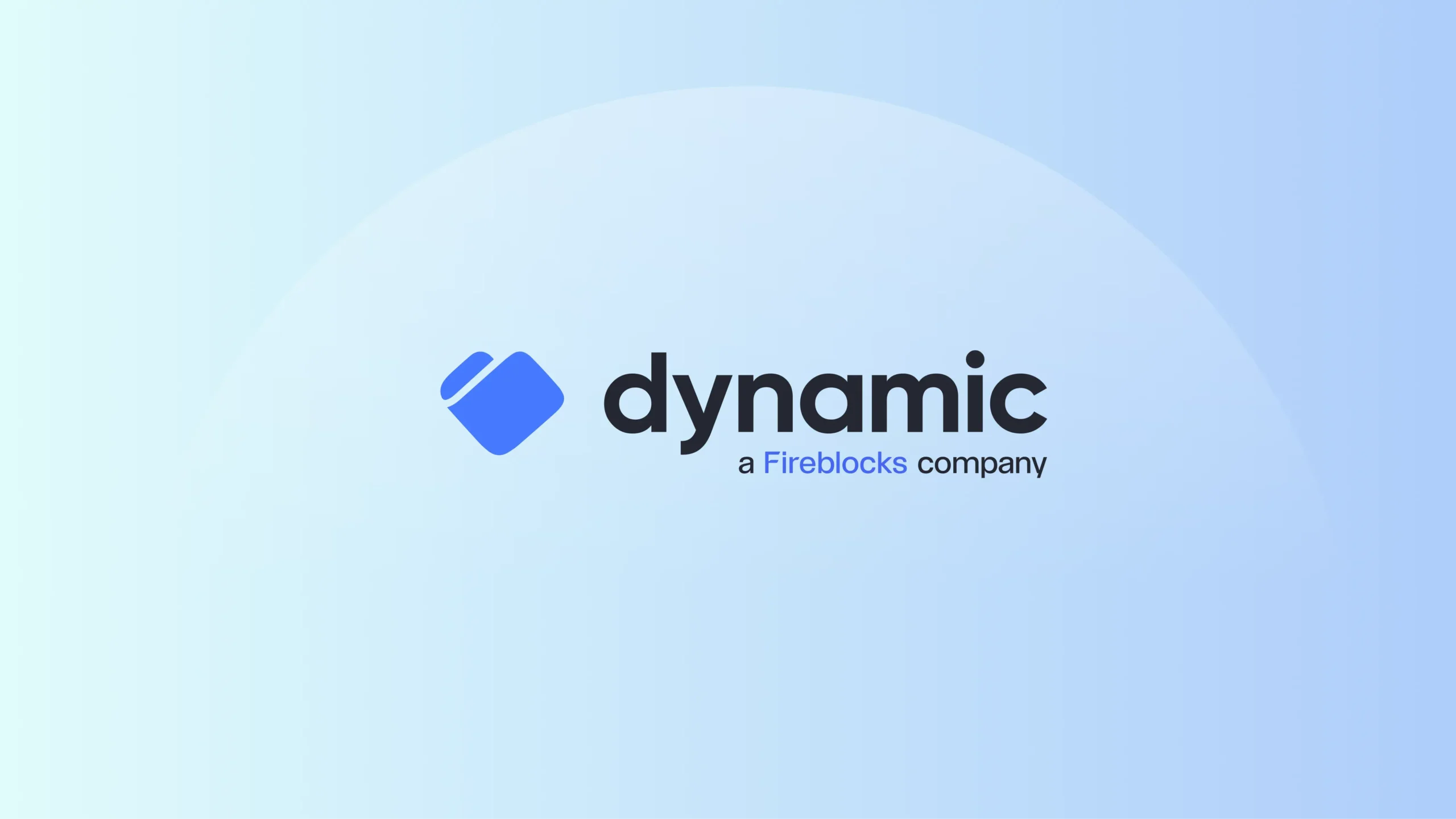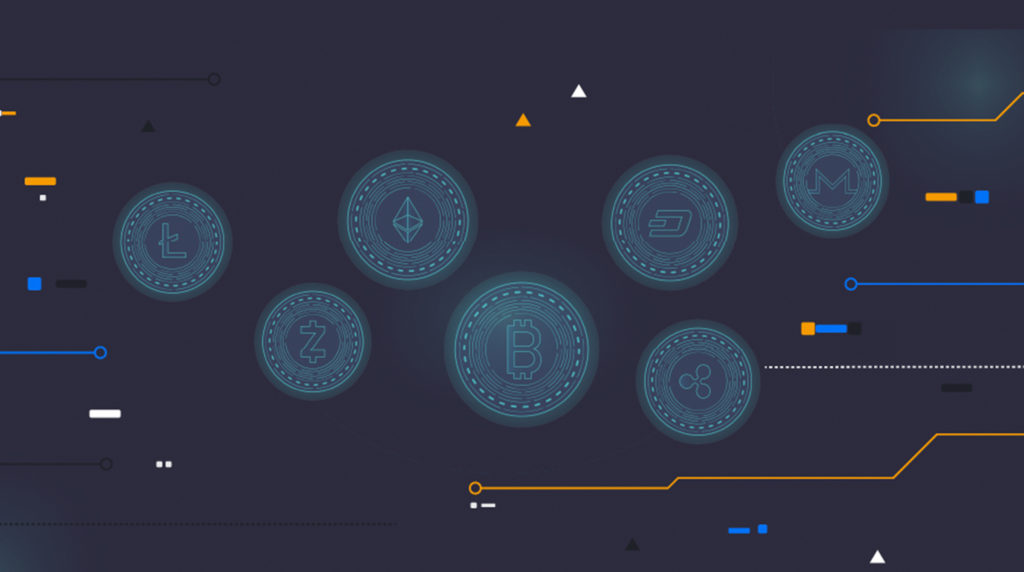Tokenization – or managing traditional assets through blockchain infrastructure – has the power to change how financial markets operate on every level.
At Fireblocks, we’re helping financial institutions of all shapes and sizes launch tokenization initiatives as this space emerges and grows, with the help of our asset tokenization platform. We understand that the tokenization of digital assets can be a complex process, and that’s why we released this free research report on everything institutions need to know about tokenization, from the top protocols to important regulatory concerns.
By migrating traditional assets to the blockchain, tokenization will enable market participants to experience increased transaction security and speed, remove intermediaries, and easily access otherwise illiquid assets.
But first, there are several key factors your business needs to consider. In this blog post, we’ll walk you through some essential considerations for tokenization before launch.
Blockchain Protocols and Interoperability
The first decision to make when tokenizing an asset is the blockchain protocol that the asset will be issued on. Today, the primary blockchain protocol being used for the tokenization of digital assets is Ethereum, which has accounted for 86.7% of issued tokens. Other protocols that support tokenization and smart contracts include Stellar (XLM), Binance Smart Chain (BSC), Tezos (XTZ), and Bitcoin SV (BSV).
As more examples of tokenization occur across multiple blockchain protocols, interoperability becomes an important topic for issuers. Here are some of the top protocols on which financial institutions are launching tokens today:
- Ethereum: Leading protocol for decentralized finance applications
- Algorand: Enables enterprise scale applications
- Solana: Provides scalability and settlement finality with increased adoption by DeFi projects
- Stellar: Seeks optimization for payment use cases
- Tron: Maintains a deep ecosystem of support for stablecoins
Smart Contract Standardization
The standardization of smart contracts to programmatically enforce all actions in the life cycle of an asset is a key requirement in unlocking the utility of blockchain for traditional markets.
Smart contract protocols must be able to include programmable elements specific to the product being tokenized, which may include unique corporate actions, elements related to environmental, social, and corporate governance (ESG), or specific jurisdictional requirements.
As more traditional assets are tokenized, we will continue to see a collective effort to identify common elements or factors to program into smart contracts for multiple types of assets and the governance around them.
Legal and Regulatory
The adoption of new legal and regulatory standards is likely to go hand-in-hand with smart contracts.
Tokenization of financial markets will be uneven, given differing legal frameworks and structures across the asset classes. Differences between corporate and financial regulations across jurisdictions bring complexity for digital asset and tokenization use cases.
However, as we have seen with the global tax reform initiatives undertaken by G-7 countries in 2021 to align tax expectations from multinational corporations, it’s reasonable to expect financial regulators will approach digital assets and tokenization initiatives with speed and responsibility.
Post-Issuance and Secondary Markets
Once token issuance has occurred, participants are able to purchase these tokens through centralized and decentralized exchanges, and transfer them to wherever they wish to custody (i.e., a financial institution such as an exchange or bank, or through direct non-custodial wallets).
Exchanges that offer primary and secondary market access will still be providing the same services as traditional participants today, and will ultimately fall under the same or similar legal and regulatory requirements.
In the example of Overstock.com, tZero is an SEC and FINRA regulated institution, which is a requirement for being a securities issuer and broker dealer in the United States. In Europe, Switzerland’s Swiss Stock Exchange (SIX) has received two licenses from the Financial Market Supervisory Authority to operate a stock exchange and depository for blockchain-based securities through its newly formed SIX Digital Exchange and sets the stage for companies to list using security tokens.
Interested in learning more about tokenization and its potential to disrupt financial services? Our new research paper, ‘Tokenization: The Foundation of Digital Financial Markets’, covers everything your organization needs to know.



